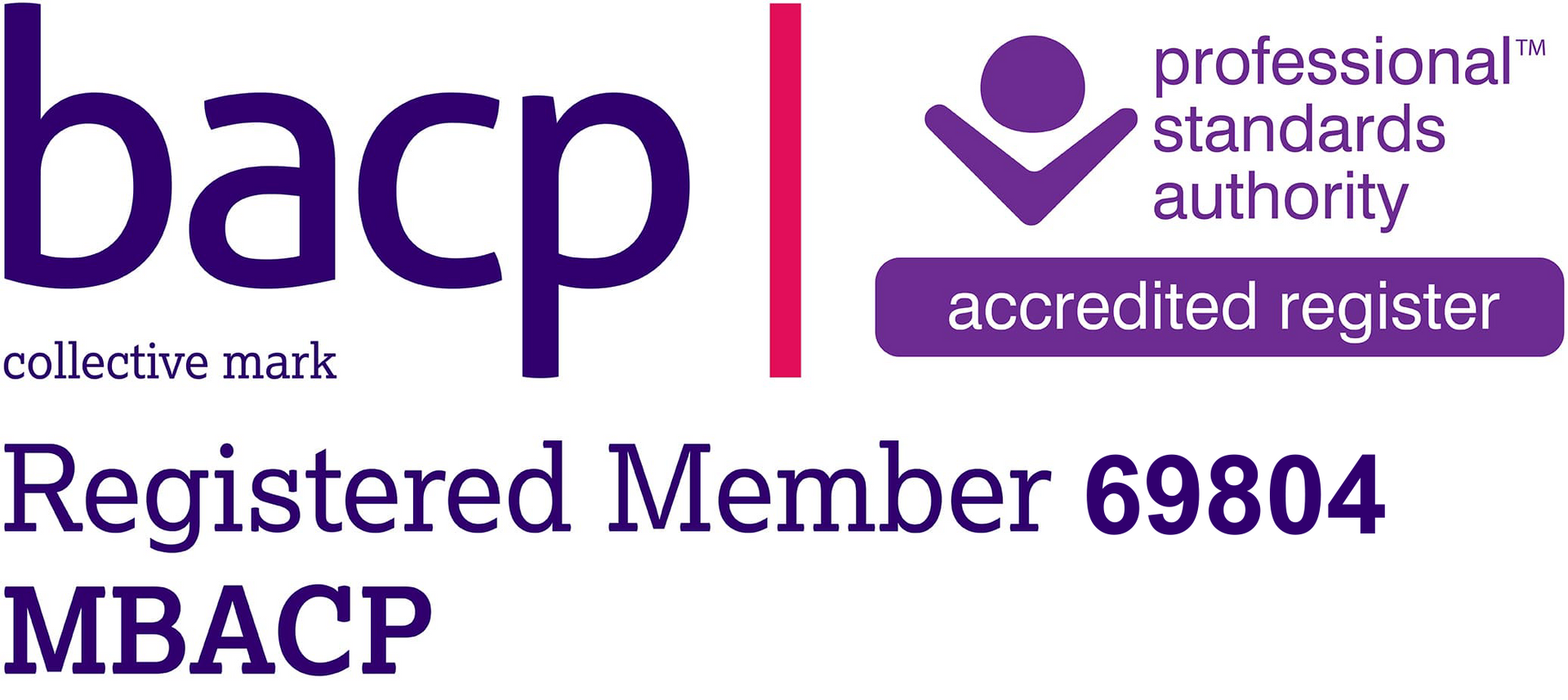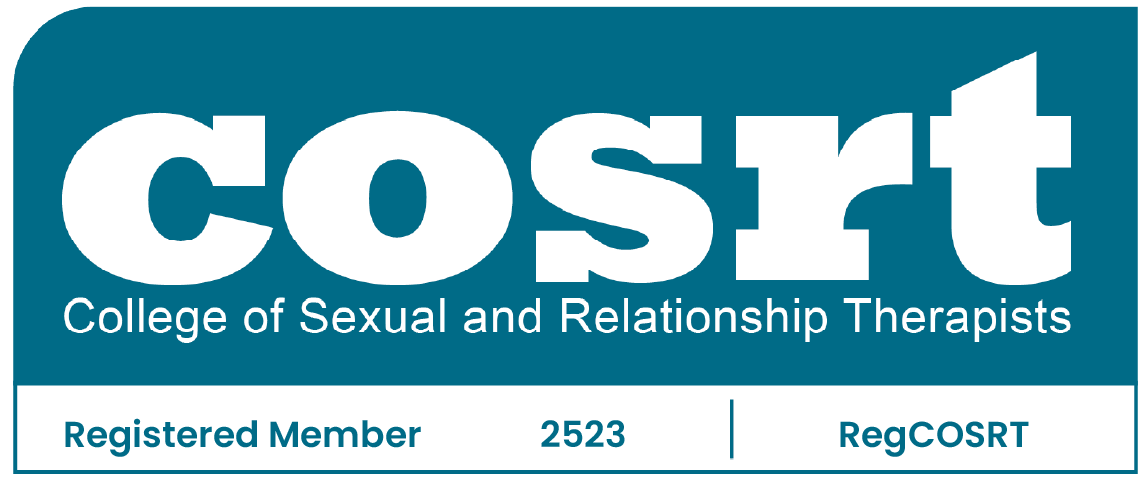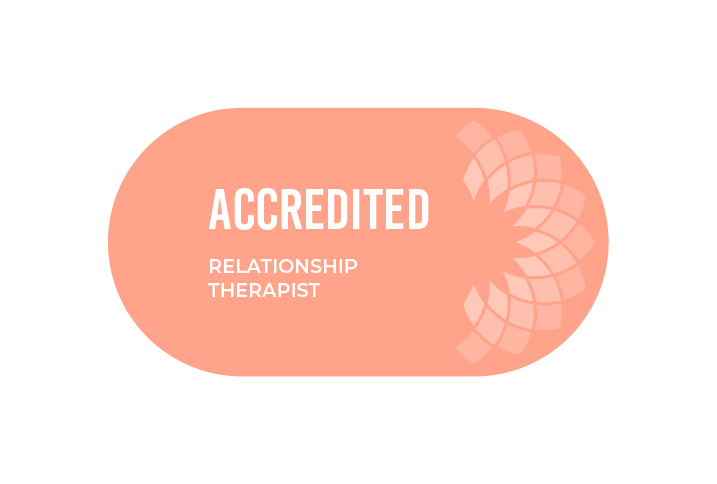How I Work
My approach is Integrative.
This means that I use a number of key theoretical ideas to inform my understanding of you and the problems you are experiencing.
I will work with you as an individual in a way that best suits your needs at the present time, working together with you to achieve an agreed goal that you set for yourself.
Therapy is most useful when we can recognise what we are wanting and needing in order for things to change.
Primarily, I offer a directive approach that challenges your existing ways of thinking and how it affects the way you behave and respond to situations. CBT being the main approach here and most effective for management of anxiety and depression and self esteem issues.
Some common presenting issues that I work with are: social anxiety, confidence and self esteem, relationship conflicts, feeling misunderstood, self doubt, anger, abuse (coercive control, sexual abuse).
I can help you to explore what it is you want and need to experience more meaningful connections and live a more fulfilling life.
The key theories that underpin my work are:
- Person Centred (Here and Now focus)
- CBT (Challenging and reframing negative and irrational thinking)
- Psychodynamic (exploration of childhood experiences). Usually more long term work.
Assessment Session
Usually, this is the opportunity for us to gauge whether we can work together. I am best placed to help you?
I will spend the first few sessions conducting an assessment, which involves a series of questions (history take) in order that I can learn about you and how you've come to understand yourself, as a result of your early experiences. We will explore significant life events and how they may have impacted you then/now.
I will help you to challenge any blindspots you may have in your patterns of relating and how you think about yourself and the difficulties you're having now. By gaining insight into your early emotional environment, you will be better able to understand the way you respond to situations now. I will help you to identify negative automatic thoughts to reframe the way you perceive yourself and others. Through the therapy you will develop new skills for managing your thoughts and responses. You will go away with your own unique toolkit for dealing with "your stuff".
Ending Therapy
It is likely you will know when it's time to end therapy because you will find yourself considering what you want to do differently, now you know what you know about yourself. You will be telling me what you want to do now, rather than questioning or doubting what you should do.
For therapy to be effective, it is recommended that you engage in weekly sessions. All sessions are 50 minutes.
How long the therapy needs to be will be determined by a number of factors which we will agree together. It can be anything from 4 sessions to ongoing longer term work. But primarily this will be your decision. It is recommended that we have a planned ending rather than a sudden one. An abrupt ending is not usually helpful for a good therapeutic outcome. It is often also a reflection on your patterns of endings. So it is encouraged to break old unhelpful habits and experience new ways of doing things. E.g. you may never have brought a relationship to an end- it may always have been the other person ending it. Being able to say you wish to end the therapy sessions could be the first significant shift in changing patterns.



